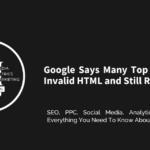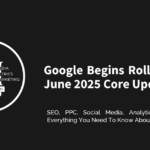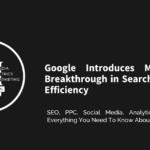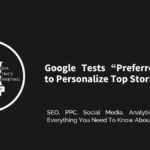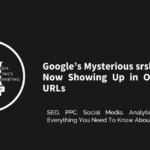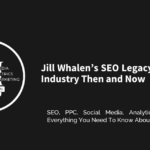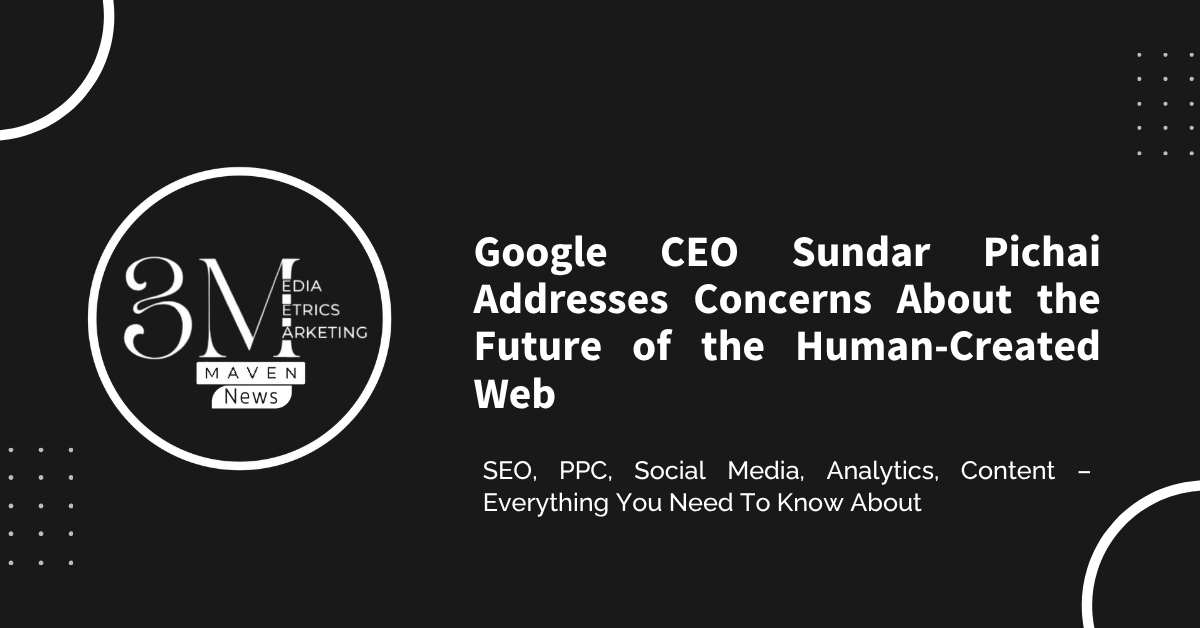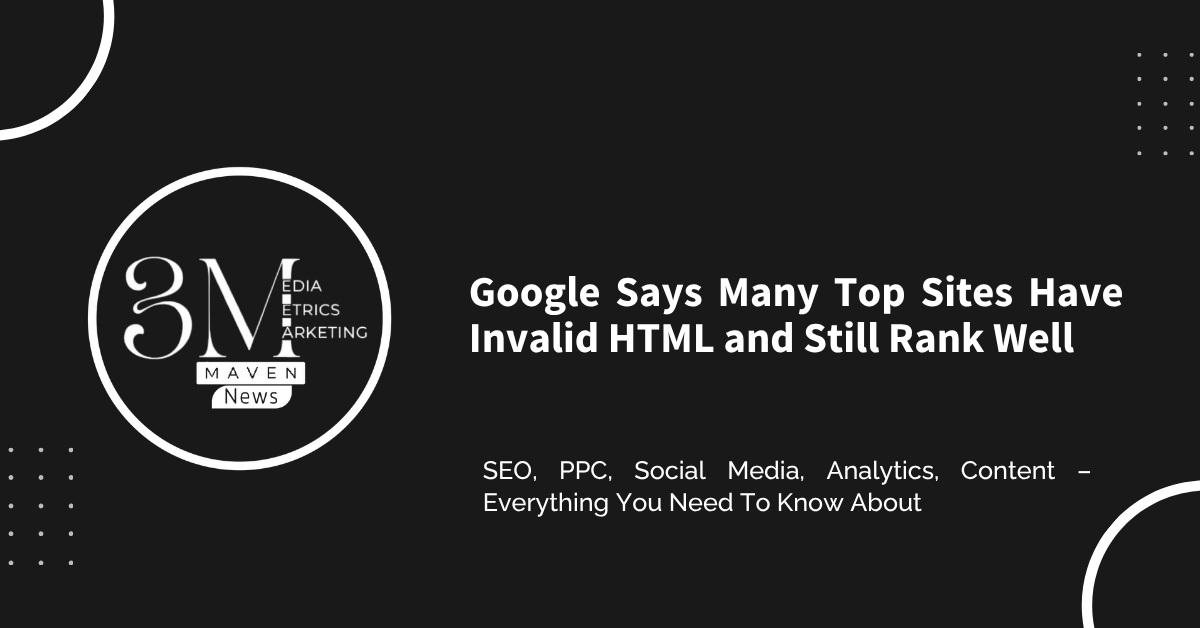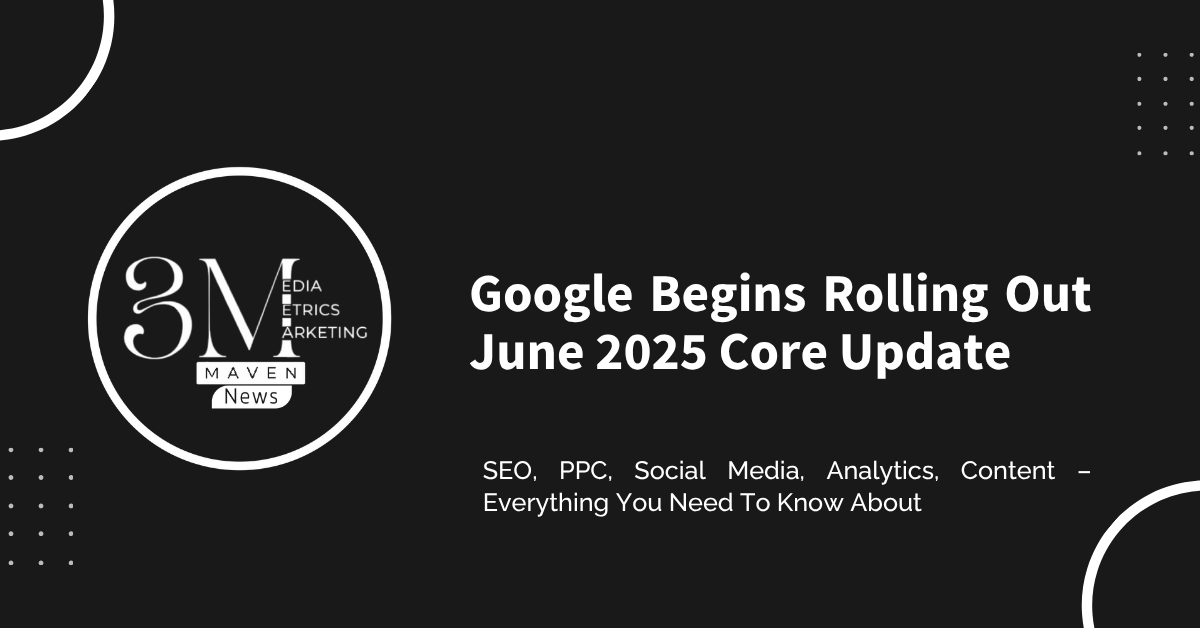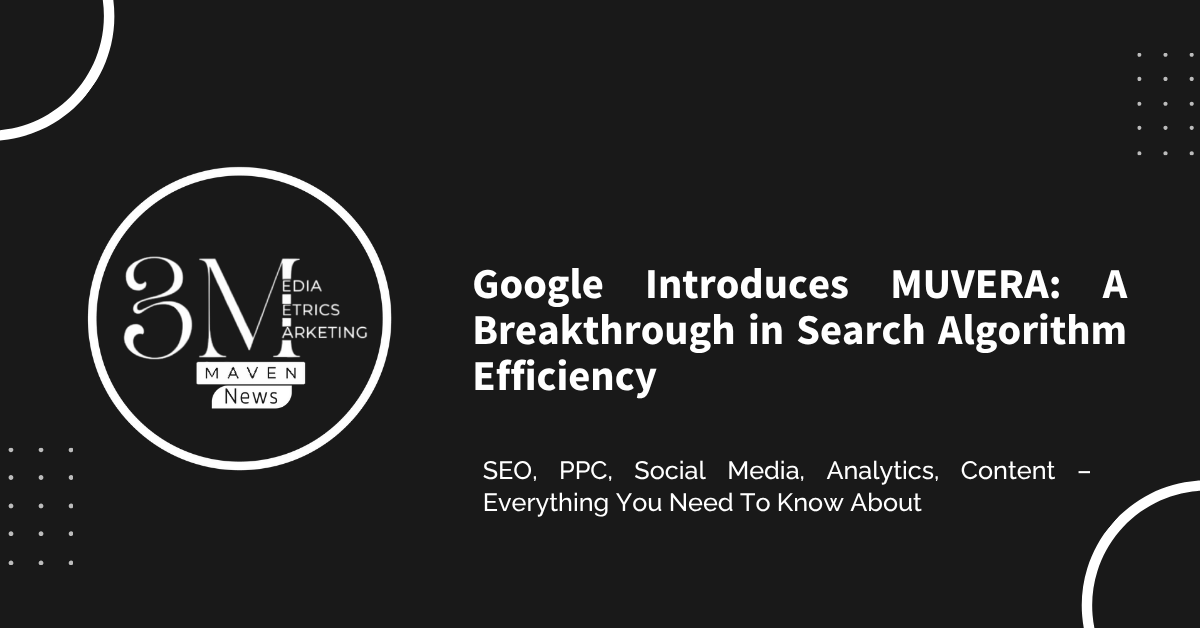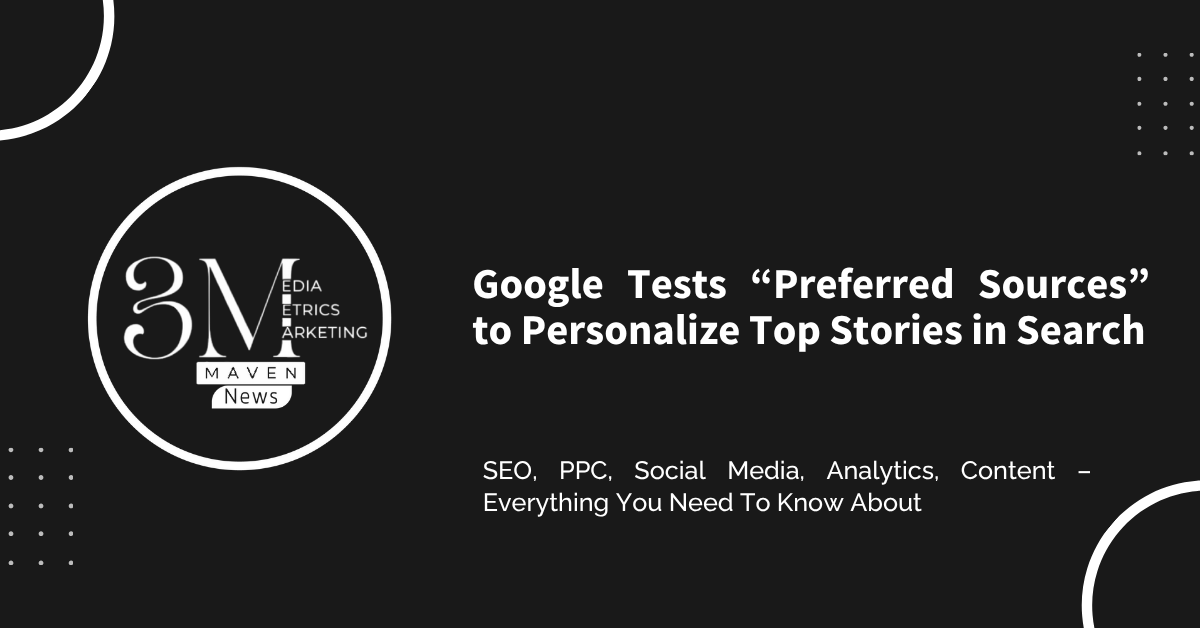In a recent interview with podcaster Lex Fridman, Google CEO Sundar Pichai addressed growing concerns about how AI-driven search features like AI Overviews and AI Mode are reshaping the web ecosystem—and whether they threaten the future of human-created content.
Pichai emphasized that Google remains deeply committed to supporting the open web and ensuring that users continue to be directed to human-generated content. When asked directly whether AI-powered search would still lead users to websites created by people, Pichai responded:
“Yes, that’s going to be a core design principle for us.”
He further explained that directing users to high-quality websites not only enhances user experience but also aligns with Google’s mission to help people find what they’re looking for more efficiently.
AI Search: A New Chapter or an Entirely New Book?
Pichai described AI as the “next chapter of search” , suggesting that while it represents a major shift in how users access information, it builds upon Google’s long history of evolving its search capabilities—from algorithm updates like Florida, Penguin, Medic, and the Helpful Content Update—to better meet changing user needs.
However, some experts argue that this transition may be even more transformative than past changes, potentially marking not just a new chapter, but the start of a completely new era for search.
Evolution Beyond the Ten Blue Links
Fridman brought up the iconic image of Google’s early days—ten blue links displayed in a minimalist interface—and questioned whether Google was moving too far away from that simplicity. Pichai clarified that the shift away from the ten-blue-links format wasn’t driven by a desire to innovate for innovation’s sake, but rather by the rise of mobile technology and user expectations for immediate answers, not just links.
“When mobile came… people wanted answers to more questions,” Pichai said. “We’re constantly evolving.”
He reiterated that AI doesn’t replace the web—it adds context to it. In AI Mode, users can engage in a dialogue with the system, explore topics more deeply, and ultimately discover more about the world through curated insights backed by real sources.
Advertising in the Age of AI
Fridman also raised the topic of advertising within AI Mode. Pichai acknowledged that Google is currently focused on perfecting the organic search experience before fully integrating ads into AI-driven results. However, he framed advertising not as an interruption, but as valuable commercial information that serves user intent.
“We view ads as commercial information—but it’s still information,” Pichai stated.
He added that AI will eventually help Google determine the most effective and unobtrusive ways to present ads, much like how podcasters strategically place sponsorships in their shows.
Will AI Mode Replace Traditional Search?
When asked if AI Mode could one day become the primary way people interact with the internet, replacing the traditional search layout entirely, Pichai indicated that it’s part of a broader continuum.
Currently, AI Mode exists as a separate tab for users who want a cutting-edge experience. But over time, successful features will be integrated into the main search experience through AI Overviews.
“Our current plan is AI Mode is going to be there as a separate tab… things that work will keep overflowing to AI Overviews in the main experience.”
Key Takeaways
The conversation reflects ongoing concerns among publishers and content creators about Google’s increasing reliance on AI-generated summaries and direct answer delivery, which could reduce traffic to their sites.
While Pichai repeatedly affirmed Google’s commitment to the human-created web and the importance of journalism, many remain skeptical. One major issue fueling this distrust is the lack of reliable referral tracking from AI Overviews, leaving publishers unable to measure the impact of these changes on their traffic.
Ultimately, Pichai’s words offer reassurance, but tangible actions—from transparency in referral data to clearer pathways back to original content—will be necessary for Google to rebuild trust with the web publishing community.
